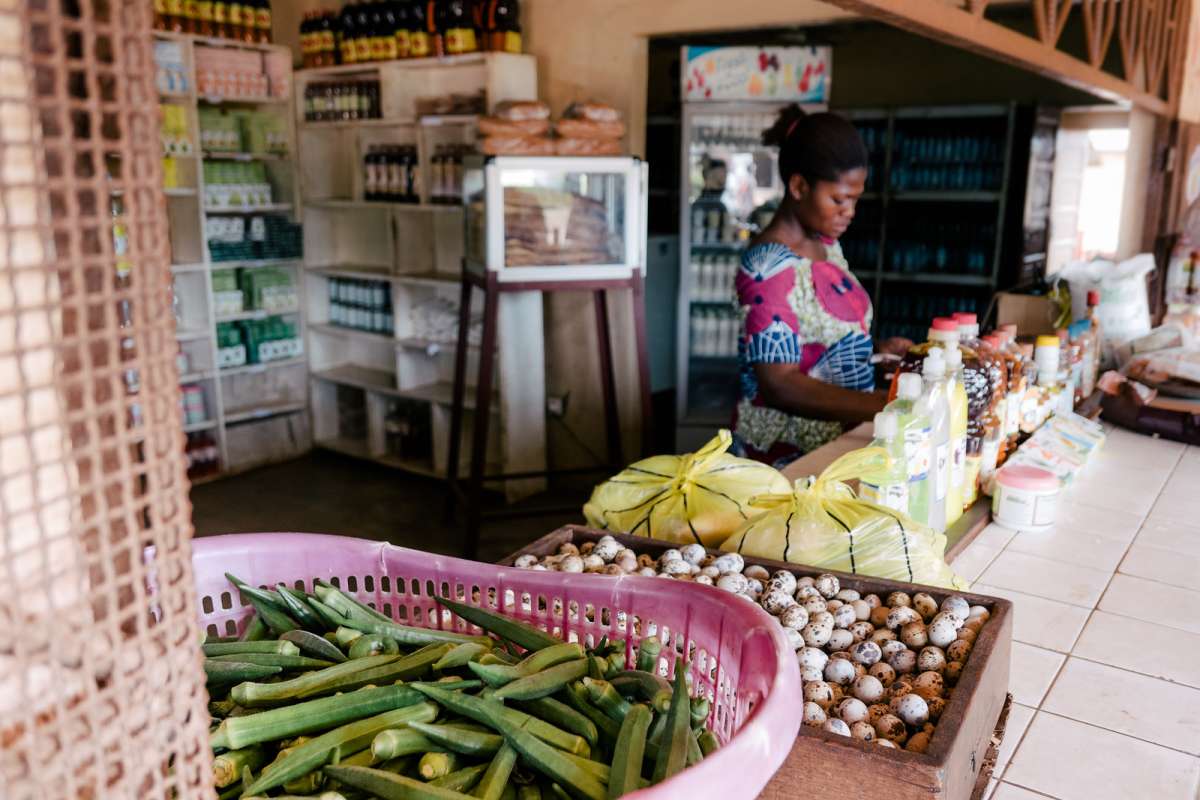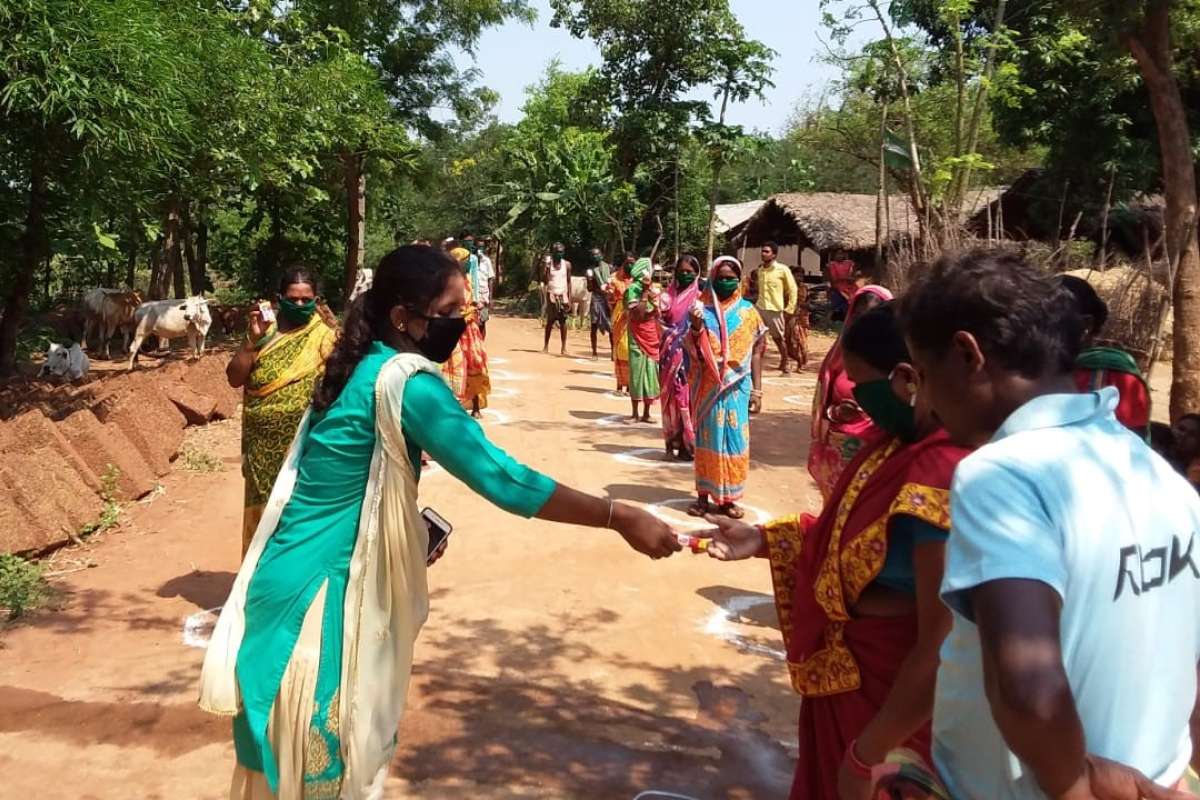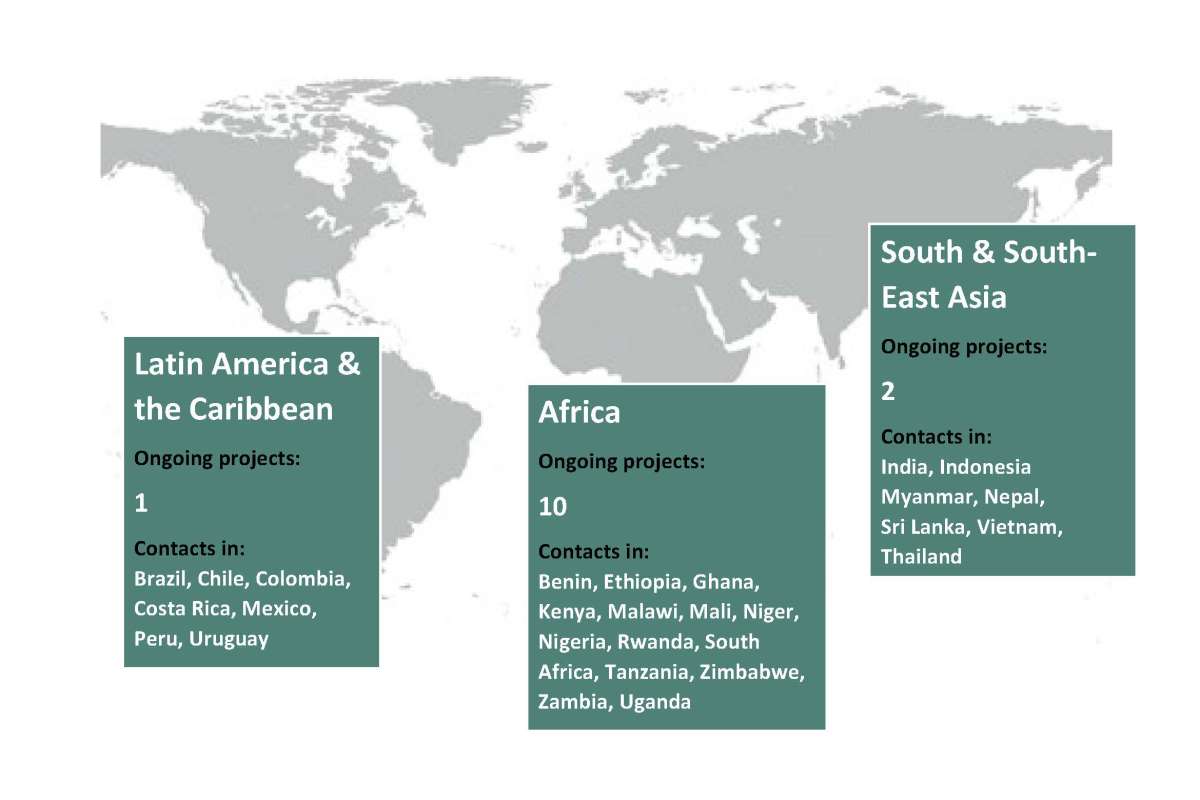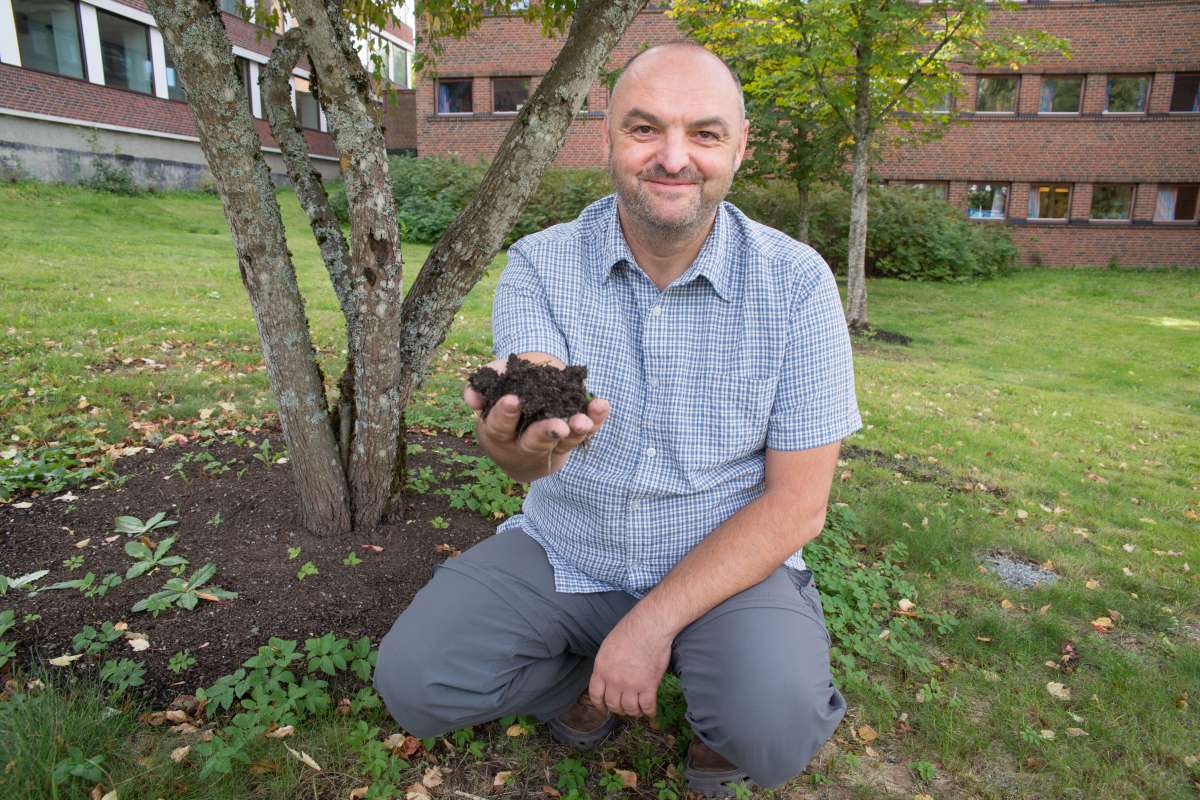Research for a healthy diet and a healthy planet

42 research groups from eight countries will map the global food system, from farm to fork. The project will unite across research disciplines, from agricultural and health domains, and look at the links between food production, consumption, and public health. Photo: Anette Tjomsland.
An international research project will map knowledge about the global food system. The project takes on a farm to fork approach, ranging from climate and sustainable food production, health and nutrition, to consumer behaviour.
SYSTEMIC is the name of the ambitious project, that will unite researchers and practitioners from different disciplines and different parts of the food system. The project participants will develop knowledge about cross-cutting solutions and identify knowledge gaps. The researchers aim to respond to how the global food system may be sustainably transformed. To do that, it is necessary to look at the links between food production, consumption, and public health.
Habtamu Alem, project coordinator and researcher at NIBIO, explains that the research area that focuses on the links between nutrition and health, as well as nutrition-related public health interventions, often falls into the gap between the agricultural and health domains.

“Institutes and researchers within these disciplines conduct research to achieve a sustainable and healthy food system, however, they don’t know about each other’s research and findings. Therefore, there is a need for integration to reduce repetition and use research resources more effectively, as well as facilitating knowledge exchange across disciplines. That’s why this project is unique, I don’t know about any similar project”, says Alem.
He presented the project idea at a knowledge Hub network meeting arranged by the Joint Programming Initiative ‘A Healthy Diet for a Healthy Life’ (JPI HDHL). The idea was elected for a comprehensive application process, coordinated by Alem. Six months later the international consortium received funding, and the project will run from July 2020 till July 2023.
In this period SYSTEMIC will:
● Assess current technologies on their feasibility to address the food challenges
● Develop methods to assess trade-offs in support of decision and policymaking
● Identify knowledge gaps and research needs to funding agencies and governments
● Disseminate knowledge to industry, society, and policy, and develop and collate education and training tools

The overall aim of the SYSTEMIC project is to foster transnational and multidisciplinary collaboration and networking. The intention is to accelerate, further characterize and to manage the impact of climate change on the nutritional make-up of food, and to propose adaptive strategies and measures to ensure food and nutrition security.
“This is a vast multidisciplinary research project that will respond to a complex theme. It is not up to Norway or other countries to work out a sustainable healthy food system, the challenge is global, and we need multidisciplinary global solutions”, says Alem.
Contacts

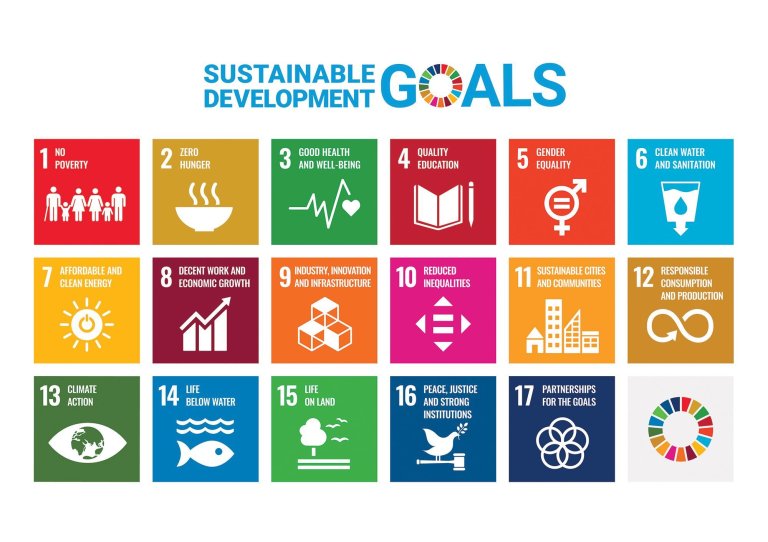
SYSTEMIC
The SYSTEMIC network (an integrated approach to the challenge of sustainable food systems: adaptive and mitigatory strategies to address climate change and malnutrition) brings together 42 research groups from the following eight countries; Spain, Portugal, Norway, Latvia, Italy, Germany, France, and Belgium. The project is coordinated by researcher Habtamu Alem in NIBIO.
The project is funded by the Joint Programming Initiative ‘A Healthy Diet for a Healthy Life’ (JPI HDHL). It consists of 26 member countries within and outside Europe. Together, they are working on the integration of research in the areas of food, nutrition, health, and physical activity, to help prevent or minimize lifestyle-related chronic diseases. Their governments are collaborating voluntarily to increase the impact of their research investment, minimise duplication of research effort within Europe, and to collectively enhance the insights needed to enable the transformation into a healthier, more sustainable society.
Contacts


